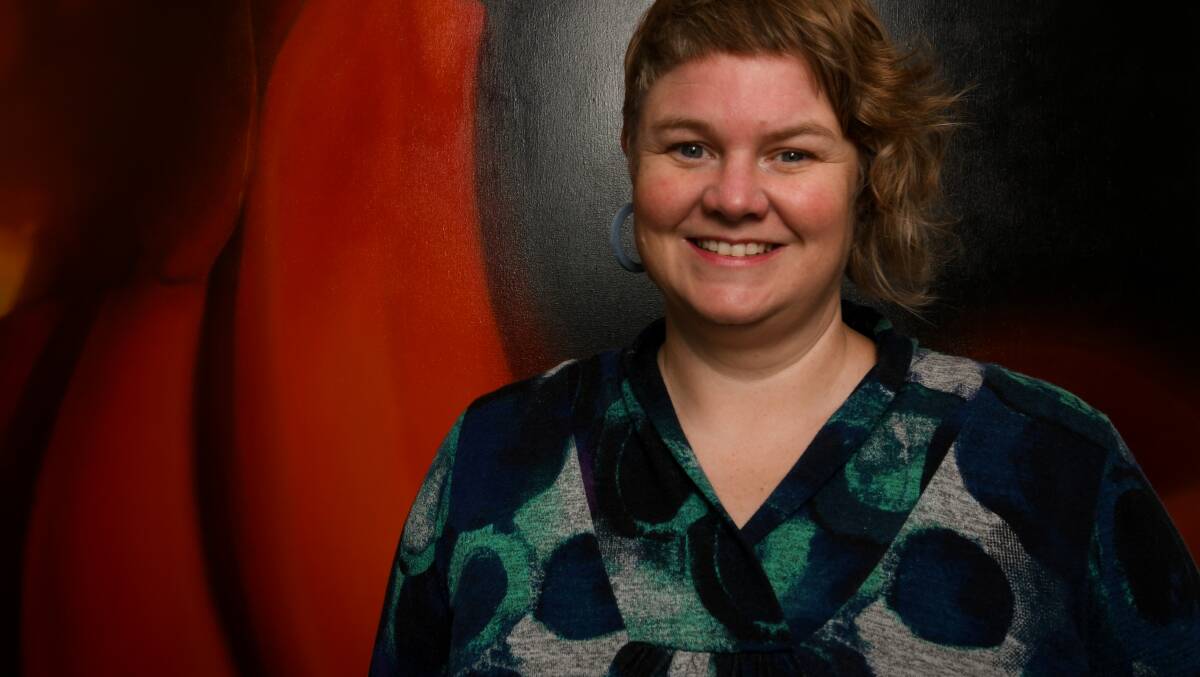
KERRYN Bagley was working as a child and adolescent counsellor when she met a young child who she thought might have an acquired brain injury.
Create a free account to read this article
$0/
(min cost $0)
or signup to continue reading
But his mother asked if his symptoms could be caused by fetal alcohol spectrum disorder.
It led to years of work researching the little known, but common, illness.
Dr Bagley knew nothing about the disorder initially. When she looked into it, the symptoms seemed to fit exactly what the child was experiencing.
But Dr Bagley quickly realised no one she worked with knew much about FASD at all. She also realised there was probably a large group of people with the disorder who weren't getting any support.
It sparked a doctorate and years of research that eventually led to the establishment of the first best practice, FASD diagnosis clinic in Australia.
But Dr Bagley said there was still a long way to go for people with FASD and their families. They often went without any diagnosis, despite sometimes very significant cognitive impairment, she said. Support services remain low.
Symptoms of FASD can include challenges with memory, learning, behaviour, emotional regulation and language.
IN OTHER NEWS:
Dr Bagley said executive function - the kind of brain functions people use to predict and plan - were a particularly difficulty, causing problems with day to day living. Practical skills like telling time and using money are often hard for people affected.
It meant many people with FASD experienced mental health issues, difficulty in education and trouble with the law, which was put down to behaviour rather than an underlying brain condition, Dr Bagley said.
Awareness remained low, both among health workers and the general community, Dr Bagley said. Mixed messages and misinformation were rife, she said.
Even health, education and social workers were without much knowledge of the condition, Dr Bagley said.
She said some doctors were reluctant to bring the risks of alcohol consumption up with pregnant women. Many were concerned about stigmatising their patients, despite women often wanting information.
Dr Bagley said driving her research was the conviction that the issue was one of the rights of people with a disability to have their needs met.
She said Australia needed an awareness campaign clearly saying there was no safe time and no safe amount when it came to alcohol and pregnancy. Training for health and social workers, as well as teachers was also vital, she said.
"It's an issue of equity and social justice really. There are people out there in our community who have FASD and face significant challenges," she said.
"At the moment often they and their families, they can't get their needs met. That's through no fault of their own.
"As a society we're not aware of FASD and as professionals in a service system we're not actually meeting their needs."


